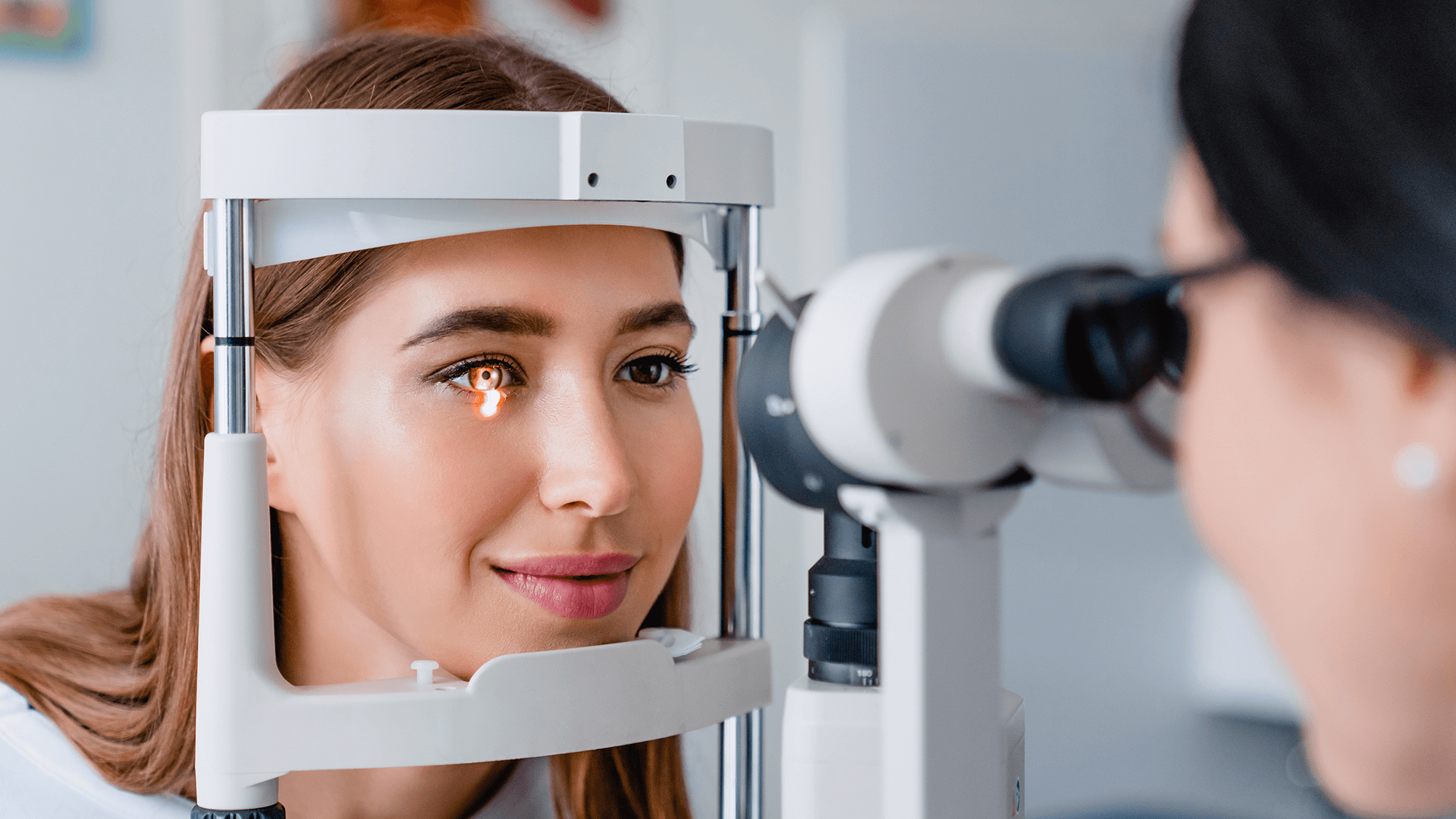Ophthalmologist vs. Optometrist for Your Eye Care OKC
&srotate=0)
When it comes to your eye health, deciding whether to visit an ophthalmologist or an optometrist can be a challenging decision. Both professionals play crucial roles in eye care OKC , but their services and specialties differ. Understanding these differences can help you make the best decision for your eye care needs. Here is a detailed guide to help you determine whether you should visit an ophthalmologist or an optometrist.
What Is the Difference Between an Ophthalmologist and an Optometrist?
Ophthalmologists
Ophthalmologists are Medical Doctors (MDs) or Doctors of Osteopathy (DOs) specializing in eye and vision care. They can perform eye exams, diagnose and treat diseases, prescribe medications, and perform eye surgeries such as LASIK eye surgery Oklahoma . Likewise, many ophthalmologists specialize in specific areas of eye care, such as glaucoma.
You should visit an ophthalmologist for:
- Complex Eye Diseases. An ophthalmologist is the appropriate specialist for severe eye diseases such as glaucoma, cataracts, and macular degeneration. They have the expertise to manage these complex conditions, which often require medical or surgical treatment.
- Eye Injuries. Severe eye injuries, including those affecting the internal structures of the eye, require the attention of an ophthalmologist. They can perform surgeries to repair damage and restore vision.
- Eye Surgeries. If you require surgical interventions like cataract surgery or LASIK eye surgery Oklahoma, you need to see an ophthalmologist. They are trained and licensed to perform these procedures so you receive the best results and care.
Optometrists
Optometrists hold a Doctor of Optometry (OD) degree and are healthcare professionals who provide primary vision care, including sight testing and diagnosing, treating, correcting, and managing vision changes. They are not MDs and usually cannot perform surgery, although the scope of their surgical and prescriptive abilities can vary by state .
You should visit an optometrist for:
- Routine Eye Exams. An optometrist is typically your go-to professional for regular eye exams and vision checks. They can assess your vision, prescribe corrective lenses, and detect early signs of eye diseases.
- Vision Correction. Optometrists are experts in prescribing glasses and contact lenses. If you experience changes in your vision, such as myopia (nearsightedness), hyperopia (farsightedness), or astigmatism , an optometrist can provide the necessary corrective lenses.
- Certain Eye Conditions. Optometrists can diagnose and provide appropriate treatment options for common eye problems, such as dry eyes, minor infections like conjunctivitis, or issues related to aging eyes.
- Preventative Eye Care OKC. Regular check-ups with an optometrist can help you detect and manage potential eye issues before they become severe, contributing significantly to long-term eye health.
- Vision Therapy. Some specializing optometrists can provide vision therapy to improve issues like binocular vision problems, lazy eye (amblyopia), or focusing issues. This therapy involves exercises and techniques to enhance visual skills and eye coordination.
Do Optometrists and Ophthalmologists Collaborate for Eye Care OKC?
Optometrists and ophthalmologists may work closely together, sometimes even in the same office, to meet the needs of their patients. In particular, these eye care experts will collaborate for:
1. Shared Patient Care
Optometrists perform initial assessments and routine exams, identifying any potential issues that require further attention. If a problem that needs surgical intervention or specialized treatment is detected, they will refer patients to skilled ophthalmologists like Dr. Britton.
2. Co-Management of Conditions
For conditions like glaucoma or diabetic retinopathy, ongoing management is crucial. Optometrists may handle regular monitoring and management, while ophthalmologists can provide surgical treatment and manage more severe aspects of the condition.
3. Post-Surgical Care
After procedures like LASIK eye surgery Oklahoma, optometrists may assist with follow-up care to ensure proper healing and optimal results. This team approach guarantees that patients receive continuous care and monitoring.
Advanced Eye Care With Dr. Britton and the BVA Team
At BVA Advanced Eye Care, we are a team of experienced ophthalmologists and optometrists who provide comprehensive eye care. Whether you need routine vision care or specialized treatments, our eye care professionals are here to help.
Please get in touch to schedule an appointment.